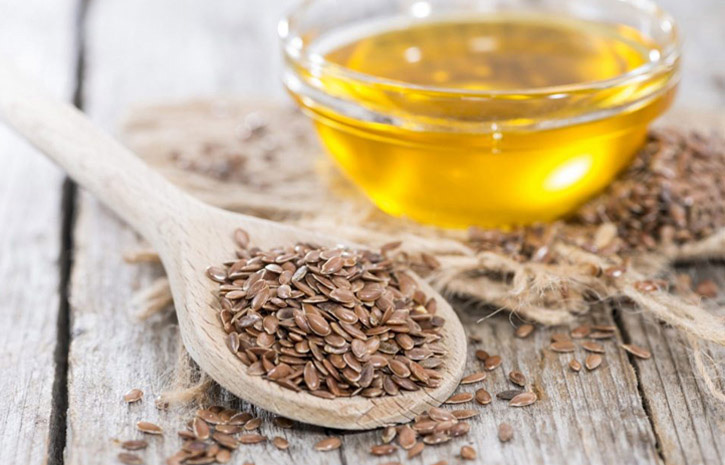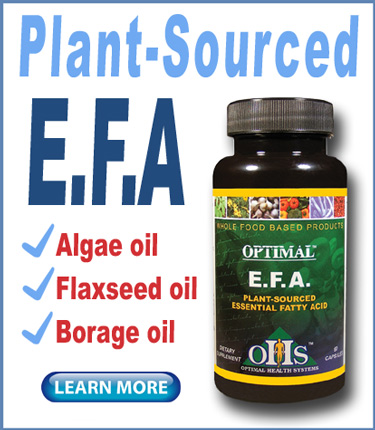Flaxseed was first cultivated in China and India some 5,000 years ago.
Oil from flaxseed was used medicinally by ancient Greek and Roman populations over 2,000 years ago.
So, it could be said that flaxseed has been prized as a “nutritional supplement” for literally thousands of years.
Air-dried flaxseed contains 33 to 43 percent oil. (The oil is the most prized ingredient as far as medicinal properties are concerned.)
In addition, flaxseed contains 18 to 20 percent protein, 5 to 9 percent fiber, and 33 to 37 total carbohydrate.
Flaxseed also contains traces of iron, calcium, manganese, thiamin, magnesium, phosphorus, and copper.
In short, flaxseed is an extremely healthy—albeit bland tasting—superfood.
Receiving the nutritional benefits of flaxseed can be accomplished in several different ways: Seeds can be chewed into a paste and swallowed; they can be ground into flower and sprinkled on food; or they can be squeezed to make oil.
If producing oil, the oil can either be bottled or encapsulated.
Capsules offer a better environment for keeping the sensitive oils protected and potent. E.F.A oils packaged in bottles can easily spoil when exposed to heat, light and air.
Vegetarians often use flaxseed oil instead of fish oil as it contains vital omega-3 oil. Omega-3 oil is an essential polyunsaturated fat containing the fatty acid alpha-linolenic acid (ALA).
Human bodies do not produce ALA; however, many nuts and seeds contain ALA.
Numerous studies reveal the benefits of essential fatty acids as found in flaxseed. These benefits include brain and heart support, eye maintenance, skin health, weight loss improvement, and more.
Now breast cancer prevention can be added to the long list of benefits.
Researchers from the University of Toronto reviewed decades of research to answer questions about the compounds found in flaxseed. Specifically, they wanted to determine how effective these compounds were in reducing breast cancer risk and tumor growth.
They reviewed in vitro, animal, observational and clinical studies. The studies included raw flaxseed, flaxseed oil, and the lignans found in flaxseed.
Lignans are a class of phytoestrogens or plant estrogens that also act as antioxidants.
According to a summary article published by GreenMedInfo.com, the University of Toronto research documented the following statistics:
* The majority of animal studies show a diet of 2.5%-10% flaxseed, or the equivalent amount of lignan or flaxseed oil, reduces tumor growth.
* Observational studies show flaxseed and lignan intake are associated with reduced breast cancer risk, particularly in postmenopausal women.
* Lignans reduce breast cancer mortality by 33% to 70%. They also reduce all-cause mortality by 40%-53%.
* Clinical trials show that taking 25 grams per day of flaxseed (containing 50 mg lignans) for 32 days reduces tumor growth in breast cancer patients.
* Taking 50 mg of lignans for one year reduces breast cancer risk in pre-menopausal women.
* Flaxseed oil did not interfere with common cancer drugs Tamoxifin and Trastuzumab; but, rather, increased effectiveness.
Other potent oils with similar attributes to flaxseed include borage oil and algae oil.
You can find a potent blend of these three “super oils” in Optimal E.F.A.
Learn more about Optimal E.F.A here.
Article Sources: GreenMedInfo.com, Wikipedia.


